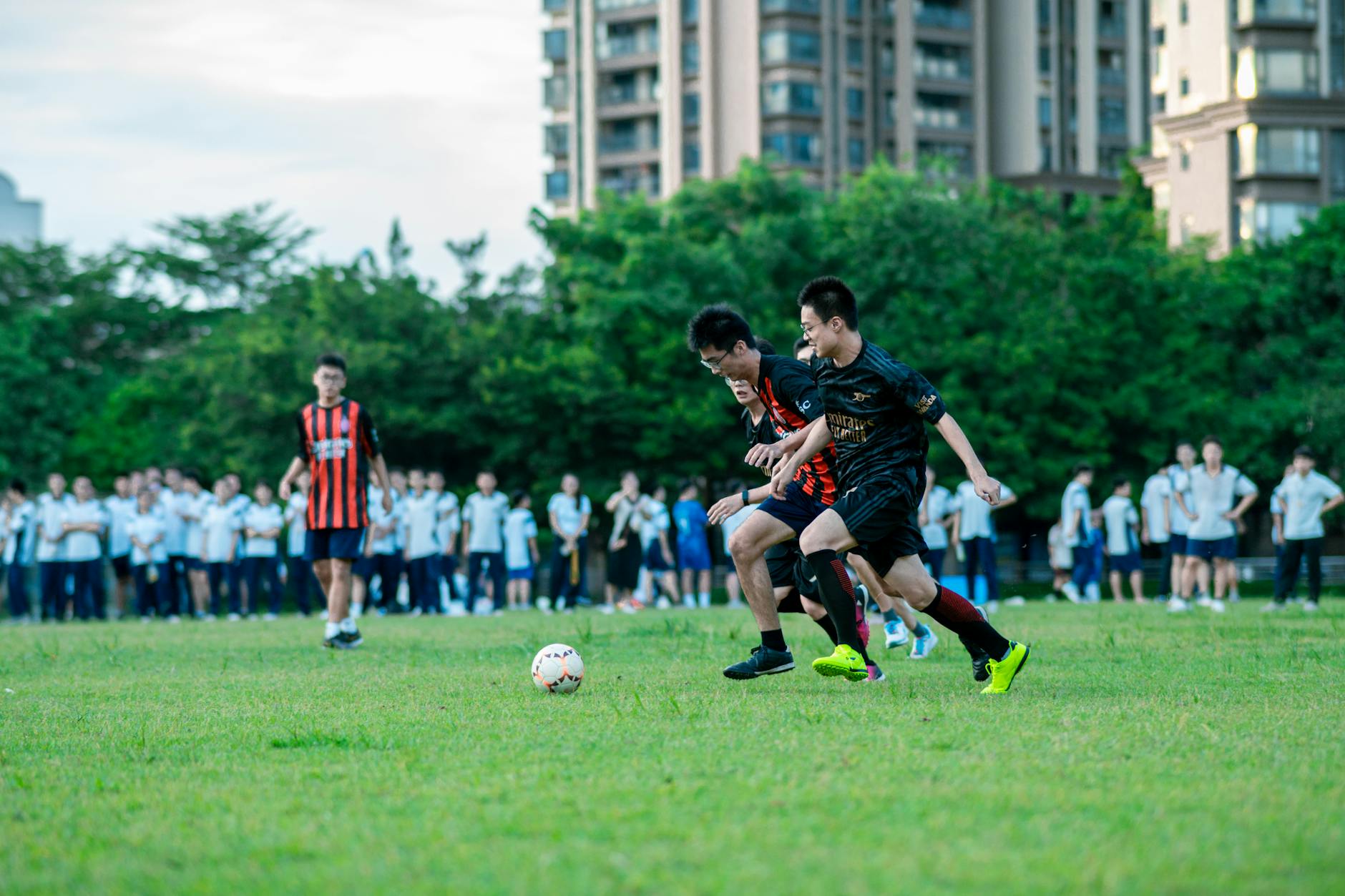
Team Sports: Building Stronger Communities with Ease
Team sports have long been recognized as a powerful tool for fostering camaraderie, promoting physical and mental well-being, and building stronger communities. When individuals come together to participate in team sports, they not only engage in physical activity but also develop important social skills such as teamwork, communication, and leadership. This article explores the ways in which team sports can unite communities and contribute to the overall well-being of individuals.
Benefits of Team Sports in Community Building
Participating in team sports offers a multitude of benefits that extend beyond the individual to the community as a whole. One of the key advantages of team sports is that they bring people together from diverse backgrounds, creating a sense of unity and belonging. Team sports provide a platform for individuals to connect, interact, and work towards a common goal, fostering a strong sense of community spirit.
Promoting Inclusivity and Diversity
In addition to fostering a sense of community, team sports also promote inclusivity and diversity within communities. When individuals from different backgrounds come together to play sports, they learn to appreciate and respect each other’s differences. Team sports provide a space where individuals can break down barriers, challenge stereotypes, and celebrate diversity, creating a more inclusive and welcoming community for all.
Improving Physical and Mental Well-being
Engaging in team sports is not just beneficial for building community connections; it also has a positive impact on physical and mental well-being. Regular participation in team sports helps individuals stay active, improve physical fitness, and reduce the risk of chronic health conditions. Moreover, the social interactions and support networks developed through team sports can have a significant positive impact on mental health, reducing feelings of isolation and promoting a sense of belonging.
Developing Life Skills
Team sports are a valuable platform for individuals to develop important life skills that can benefit them both on and off the field. Through participating in team sports, individuals learn crucial skills such as teamwork, leadership, communication, and resilience. These skills are transferable to various aspects of life, including the workplace, social settings, and personal relationships, making team sports a powerful tool for personal growth and development.
Community Engagement and Support
Team sports also play a significant role in fostering community engagement and support. Sporting events and competitions bring communities together, offering opportunities for social interaction, entertainment, and networking. Additionally, community support for local teams and athletes creates a sense of pride and unity, contributing to the overall well-being of the community.
Conclusion
In conclusion, team sports have the remarkable ability to build stronger communities with ease. Through promoting inclusivity, diversity, physical and mental well-being, life skills development, and community engagement, team sports create a sense of unity and belonging among individuals. By fostering a culture of teamwork, cooperation, and mutual respect, team sports play a vital role in strengthening the social fabric of communities and promoting overall community well-being. So lace up your sneakers, grab a ball, and join a team sport to experience the transformative power of sports in building stronger communities.



